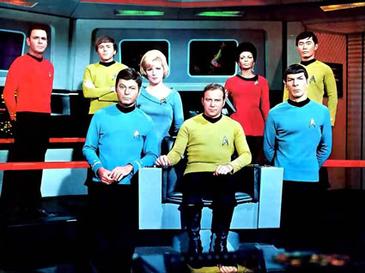The early 1970s was the era of "Total Football", the name given to an influential tactical theory in which any player could take over the role of any other player in the team. In this fluid system, no outfield player had to stay where he "should" be; anybody could play as a forward, a midfielder or a defender.
The Ajax Amsterdam and West Germany teams of 1971 to 1973 had brought notice of this counter to "catenaccio" defending, but it was the Netherlands team of the 1974 World Cup in West Germany that best exemplified the style of the system...Cruyff, Neeskens, Krol, Rensenbrink and Rep...just some of the names that bring back so many memories.
England had failed to qualify for the finals for the first time since entering the competition in 1950. They had been knocked out by Poland the previous October in a game made famous by the incredible performance of the Polish goalkeeper Jan Tomaszewski who had made a string of sensational saves during the match at Wembley.
The opening group games saw a very different Brazil team to that of 1970. The reigning champions were now a hard tackling, more compactly defensive team that was determined to not be kicked out of the tournament as they had been in 1966. The other main change was that Pele had retired leaving Jairzinho and Rivelino as the two main goalscorers.
Poland meanwhile were proving to be one of the best teams of the competition, scoring 12 goals in their three first round matches. Holland had also won their group, but the most dramatic event of the first round was the meeting of East and West Germany for the first (and only) time in a professional tournament. Sparwasser scored the only goal of the game and this was enough for the East Germans to win the group. However, this proved to be something of a poisoned chalice, as they ended up in the same second round group as the Netherlands and Brazil!

Yes. The format had changed from Mexico 70. Instead of Quarter and Semi Finals, there were now two further groups that would decide the finalists. The second round of group matches showed the Netherlands at their very best, with Cruyff orchestrating their total football tactics against Argentina, East Germany and finally Brazil. The game against the then reigning champions symbolised a changing of the guard with the Brazilians resorting to rough tackling in an attempt to nullify the Dutch skill (not that Cruyff and his team were innocents abroad - they too were not afraid to mix it and gave as good as they got). The Netherlands ended up beating Brazil 2 - 0 and reached the final.
In Group B, West Germany overcame Yugoslavia, Sweden and Poland to earn the right to play for the new World Cup trophy in the Olympic Stadium in Munich on 7 July. The game began with a penalty; the first one ever awarded in a World Cup final. Johan Neeskens powered the ball past the German keeper Maier to put the Netherlands 1 - 0 up after a minute's play.
The Dutch failed to capitalise on their dramatic start though, and referee Jack Taylor awarded a second penalty to West Germany after 25 minutes which Paul Breitner scored to make it 1 - 1. Just before half time, the great Gerd Muller expertly controlled a cross from Bonhof to steer the ball into the goal to score the winner. Try as they may in the second half, the Netherlands could not equalise and West Germany became the new World Champions.
So ended the brief heyday of Total Football. It evolved, of course, due in no small measure to the coaching influence of a certain Dutch master at Barcelona. I write this a few weeks after the passing of Johan Cruyff, a man who brought magic to the game of football. Rest In Peace and thank you.






